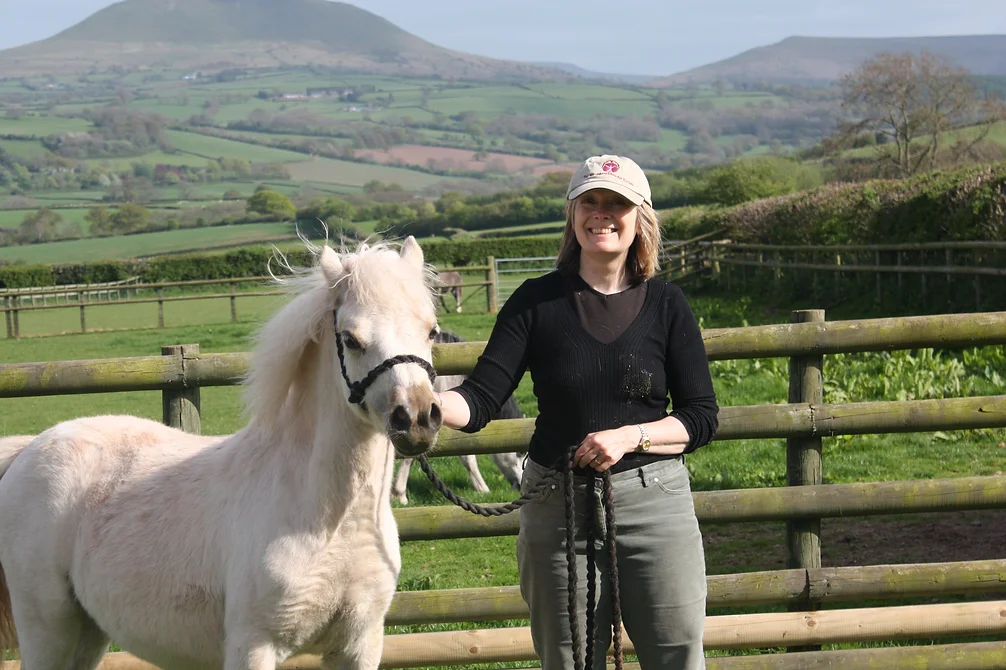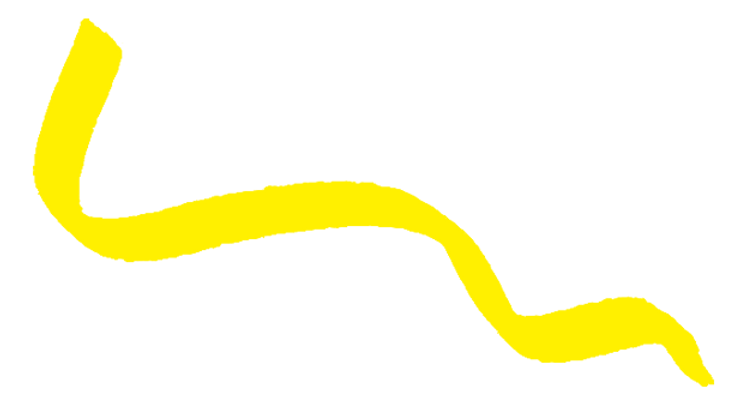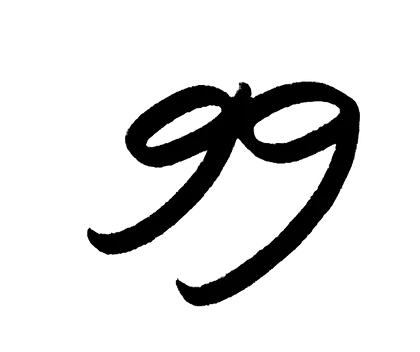In my career as Global Projects Director of World Allergy Organization I was fortunate enough to work with the renowned Professor Gunnar Johansson from Uppsala in Sweden, one of the scientists who discovered the antibody underlying many allergic reactions, Immunoglobulin E (IgE). My life is now dominated by another and altogether much more unwelcome immunoglobulin that we all know so well, abnormal IgM, the discovery of another alumnus of the Uppsala Medical School, Professor Jan Waldenstrom!
It was in April 2021 that the fatigue I ascribed to my second Covid vaccination was identified as anaemia. I was fortunate in a way that many fellow WMers are often not, in that an astute GP ordered further tests, the results of which led to an appointment for the Haematology clinic two weeks later. ‘Oh’, I thought, ‘they can’t be very busy’….
At the rather perplexing appointment the consultant talked about WM and groups of five circulating IgM molecules, and of going into remission after treatment. ‘Do you mean it’s malignant?’ I asked. ‘Oh yes’ he replied. Assuming that any disease could be malignant if not treated, I remained reasonably upbeat.
After transfer to the care of the excellent Malignant Haematology team at Nevill Hall Hospital in Abergavenny for my second consultation, I was stunned when the word ‘lymphoma’ was introduced – nobody had told me WM was a type of cancer. At the third consultation it was revealed that I would be immunosuppressed by the WM. I was too nervous to look at the WMUK web site that my CNS had recommended, because I couldn’t handle any more worrying information.
I wish I could say that I handled the diagnosis well, but I felt shocked, angry, frightened, and isolated. My turning point was meeting fellow WMer Bob Perry, who called by having just climbed the highest peak in the Brecon Beacons! After talking with Bob I felt confident to engage with WMUK’s website to learn more about WM. I remained on active monitoring (watch and wait) until autumn 2022 when my haemoglobin dropped rapidly and after a blood transfusion I started treatment with DRC. After four cycles of treatment my paraprotein decreased to 3.5, my haemoglobin had increased, and my consultant decided there was more risk to further treatment than potential benefit. I was advised that I would continue to be immunosuppressed for up to a year due to the Rituximab, but happily its positive effects also appear to be continuing as each subsequent blood test has shown further improvement.
I am so thankful for the support of Alison McKinney, WMUK’s clinical nurse, especially when I struggled on chemotherapy while being the sole carer for my disabled husband. Alison connected me with Elaine Clinton who runs the WM Carers’ Group, where we discussed the burden that WM places on family life.
My wish for Christmas would be to see more research into the immunosuppression and consequent isolation associated with WM. It would be amazing if we could find a blood test to quantify immunosuppression and so calculate when it would be safe to go out into the world again.
I live in a small village in mid-Wales, and to the saying ‘It takes a village to raise a child’ I would add ‘and to care for a cancer patient’. In thanking my amazingly supportive family, friends and neighbours for their donations to our Big Give Campaign I reflected gratefully that WMUK is a small charity that punches well above its weight for those of us with WM.
“I’ve been able to find a wonderful group of people who not only understand my situation, but are always ready and willing to offer friendly advice, guidance and reassurance regarding any concerns or worries that I, or my family might have.”
Dealing with my diagnosis during a pandemic and subsequent lockdown has been incredibly tough. Being classed as “extremely vulnerable” drove home the seriousness of my condition and the constant negative messaging from the press and elsewhere did little to help my already fragile state of mind – the psychological impact still leaves me at times feeling incredibly anxious and distressed. Trying to manage my own emotions as well as adjusting our family to life shielding at home, with the girls unable to attend their familiar school and nursery settings or see friends and family was challenging to say the least. It was also at this point that I made the difficult decision to leave my job which I was just settling into and enjoying.
Dealing with other people’s reactions and emotions since my diagnosis has been extremely hard to cope with.
Thankfully, through WMUK I have been able to find invaluable information and support through their website, regular e-newsletter updates and social media channels, which all specifically relate to Waldenstrom’s macroglobulinaemia here in the UK. Through their closed Facebook community support group, I have also been able to find a wonderful group of people who not only understand my situation, but are always ready and willing to offer friendly advice, guidance and reassurance regarding any concerns or worries that I, or my family might have.
The day-to-day challenges of living with a rare cancer that no-one seems to have heard of, let alone pronounce, has had an overwhelming effect on our lives. But the reassurance that I am being treated in a WM specialist centre, with access to invaluable support through WMUK helps hugely.
I try to remind myself and others that whilst I do have a rare cancer, to think of it more as a disorder or chronic condition that I’m more likely to die with than of, and that I fully intend to live my best life, albeit with WM!



